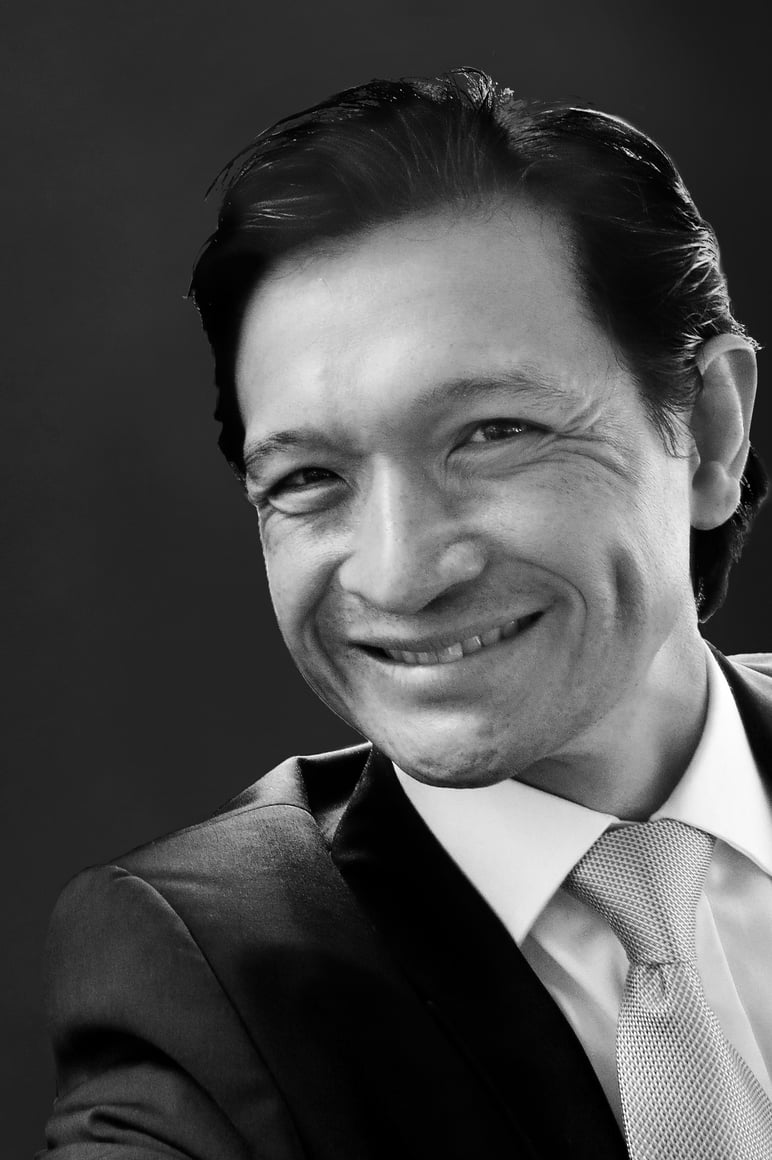
Ex-diplomat has some inconvenient truths for Canadian dual citizens
Does a passport make a Canadian? Or do the privileges of nationality demand a certain level of participation in society?
David Mulroney, Canada’s former ambassador to China, thinks it’s time for an honest conversation about the obligations of citizenship.
As one of Canada’s most eminent diplomats, it’s understandable that Mulroney would approach the issue with caution. “It’s a subject fraught with sensitivities,” he said in an interview.
Mulroney, who served as ambassador to China from 2009 to 2012 at the culmination of a 30-year career of public service, weighed in on the debate over consular services last week when he tweeted that limiting such aid to expats with “tenuous” links to Canada “is fair, smart, inevitable”.
“As the population of people with global lifestyles increases…we need to think about the obligations that the government has to people like that,” Mulroney said.
As the population of people with global lifestyles increases…we need to think about the obligations that the government has to people like that
He cited his experiences as a diplomat in Taiwan, “where it was not uncommon for the dad to be working part of the time in mainland China, mom running a business in Canada or California, kids to be in various places pursuing their education … it’s a post-industrial society where people are part of a global diaspora, and I think that’s also true of Hong Kong.”
Pressure on consular budgets made scrutiny of services inevitable. As to the matter of fairness, said Mulroney, the choices made by Canadians about where and how they lived should come with consequences.
“It is a great privilege to be a Canadian citizen, but there are basic responsibilities that go with that,” said Mulroney, now a senior fellow at the University of Toronto’s Munk School of Global Affairs. “There are basic aspects of citizenship, like residency in Canada, like paying taxes or voting, or participating in Canadian society in some way…You can interrupt that for a few years at a time, but for more than, say, five or six years when you are not doing that, then you are effectively making a choice.
“It’s further complicated when a person is residing in another place under another travel document - that choice is even more dramatic.”
Mulroney did not advocate the wholesale denial of diplomatic help to dual citizens abroad; instead he suggested that Canadians who have been non-residents for five years pay an annual fee to entitle them to consular services. “If you want the full protection of your government, then the best way is to travel on that government’s travel document,” he added.
While the creation of second-class citizenship should be avoided “at the same time if you allow people to delink the privileges [of citizenship] from the responsibilities, then you devalue the importance of citizenship,” Mulroney said. “You do some damage to the concept.” The debate over consular service is fuelled by memories of the much-criticised airlift of about 15,000 Canadians from Lebanon during the 2006 war with Israel. The exercise cost about C$100 million, but most evacuees catching the free flights turned out to be dual citizens and “some returned to Lebanon the next month”, Mulroney noted.
“I can’t foresee many things in Hong Kong that would lead to that kind of evacuation, but the reality is that simply providing access to consular assistance to, say, 200,000 Canadian citizens in Hong Kong, would exceed the capacity of our office to a considerable degree,” he said.
The cost of catering to so many people created an “inevitable fiscal dimension” to the debate over dual citizenship, but Mulroney said he mainly wanted to “encourage people to better embrace Canadian citizenship”.
“That goes for people living in Canada, long before we take it abroad,” he said.
The Hongcouver blog is devoted to the hybrid culture of its namesake cities: Hong Kong and Vancouver. All story ideas and comments are welcome. Connect with me by email [email protected] or on Twitter, Ian Young @ianjamesyoung70.

